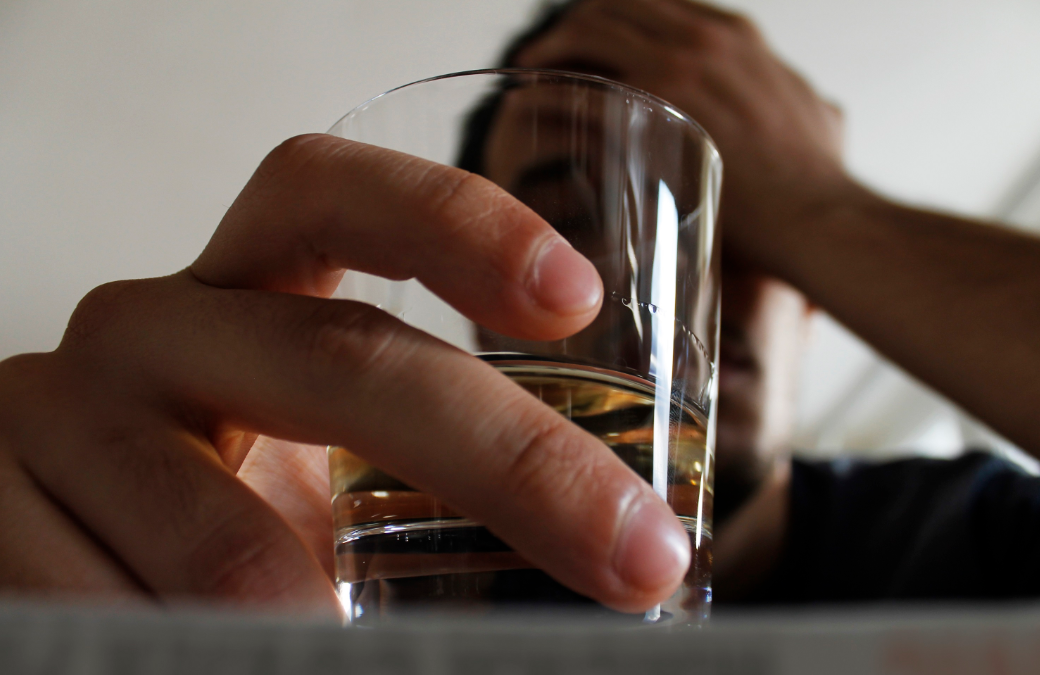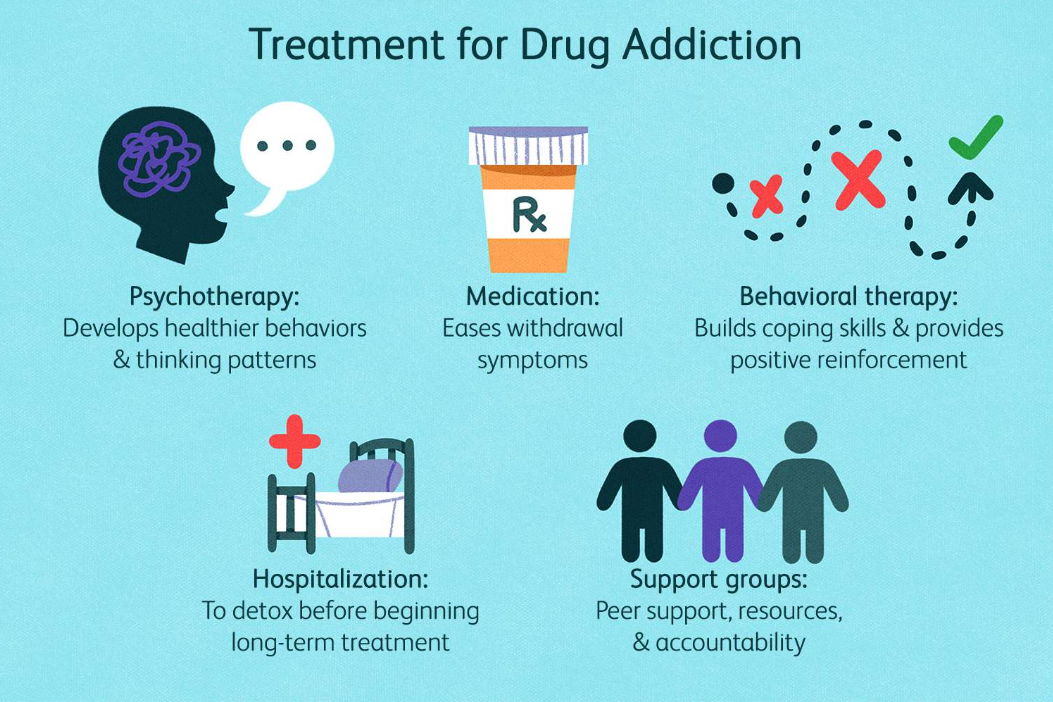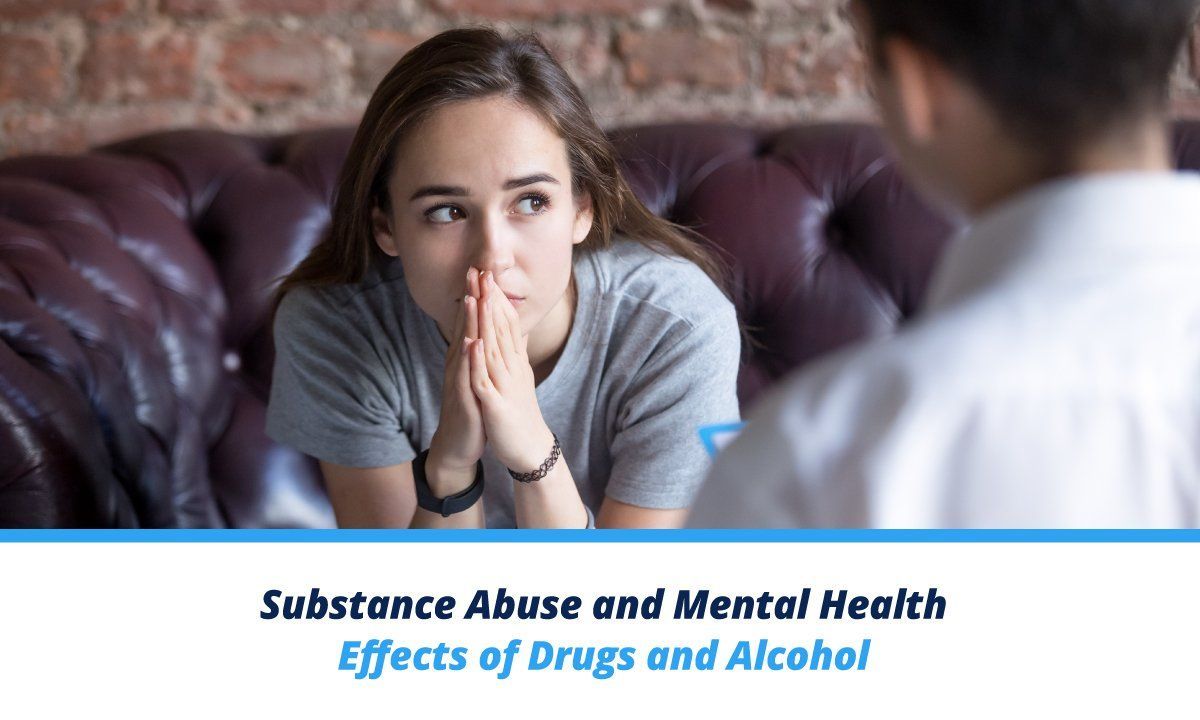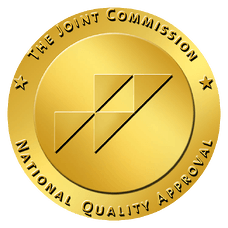Recovery Program Kokomo Indiana - Improved Physical Health
In the heartland of America, nestled within the vibrant city of Kokomo, Indiana, lies a beacon of hope for those battling addiction. These recovery programs, designed with an emphasis on holistic well-being, are transforming lives and restoring hope one day at a time. Understanding that addiction is not merely a physical battle but also a mental and emotional one, these programs take a comprehensive approach towards recovery.
They focus equally on the mind, body, and spirit, allowing individuals to heal wholly and completely. The emphasis, however, is notably on physical well-being. Recognizing that substance abuse often leads to physical deterioration, these programs incorporate robust measures to help enrollees regain their lost strength and vitality. Access to medical care ensures that any physiological issues related to addiction are promptly addressed.
Nutritional guidance is provided to restore the body's balance, helping individuals understand the vital role of diet in maintaining health and promoting recovery. Moreover, personalized exercise plans are developed for each enrollee. Whether it's a young adult looking to regain their vigor or a senior citizen aiming to enhance their mobility, the fitness plans cater to individuals across all demographics.
This individualized approach ensures that everyone, regardless of their age, gender, or fitness level, can reap the benefits of physical activity in their journey towards recovery. In Kokomo, recovery is more than just overcoming addiction; it's about improving your life. It's about rediscovering your strength, reclaiming your health, and renewing your zest for life. So take that first step today and embark on a transformative journey towards a brighter, healthier future.
Recovery Program Kokomo Indiana - Enhanced Mental Wellbeing
Mental health support is a crucial component of addiction recovery. It's widely recognized that many individuals struggling with addiction may also be dealing with co-occurring mental health disorders, such as depression, anxiety, or post-traumatic stress disorder (PTSD). Here are several mental health support options
available for those in the process of addiction recovery:
Individual Therapy: This one-on-one therapy allows individuals to work through personal issues and develop coping strategies. Therapies may include cognitive-behavioral therapy (CBT), dialectical behavior therapy (DBT), or motivational interviewing.
Group Therapy: Group sessions provide a supportive environment where individuals can share experiences, learn from others, and develop social skills. It's often very therapeutic to know you're not alone in your struggles.
Dual Diagnosis Treatment: Many treatment facilities offer programs specifically designed for individuals dealing with both addiction and mental health disorders. These programs provide integrated treatment that addresses both issues concurrently.
Psychiatric Care: In some cases, medication may be used as part of the treatment plan. Psychiatrists can prescribe and monitor medications that can help manage symptoms of mental health disorders, making it easier for individuals to focus on their recovery.
Family Therapy: Addiction doesn't just affect the individual but also their family. Family therapy can help repair and strengthen these relationships, fostering a more supportive home environment.
Mindfulness and Stress Management Techniques: Many recovery programs incorporate techniques like yoga, meditation, and deep-breathing exercises to help individuals manage stress and improve mental well-being.
Aftercare and Ongoing Support: Continued mental health support is crucial even after an individual leaves a treatment facility. This may involve regular check-ins with a therapist, attendance at support group meetings, or participation in a 12-step program.
Remember, it's important to seek professional help if you're dealing with addiction and co-occurring mental health disorders. The right treatment program can provide the tools and support necessary for a successful recovery journey.

Recovery Program Kokomo Indiana - Emotional Support
At Still Water on the Wildcat Recovery, we understand that recovery is far more than just a physical journey. It's an emotional voyage that can be fraught with challenges. That's why we have developed a nurturing and supportive environment to help you navigate this emotional landscape.
As part of our recovery program, you gain access to a compassionate community of peers who are also on the path to recovery. This sense of shared experience can provide immense comfort and motivation.
Additionally, our team of professionals is always there to offer encouragement, care, and understanding. They are trained to empathize with your struggles and equip you with strategies to manage your emotions effectively. At Still Water on the Wildcat Recovery, you're never alone in your journey. We stand by you, offering emotional support every step of the way towards your recovery.

Recovery Program Kokomo Indiana - Prevention of Relapse
Still Water on the Wildcat Recovery is committed to helping individuals maintain their sobriety long-term and prevent relapse. The key to this commitment lies in the comprehensive approach that Still Water on the Wildcat Recovery takes towards addiction treatment.
Firstly, they focus on individualized treatment plans tailored to each person's unique needs and circumstances. These plans address not just the physical aspects of addiction but also the emotional and psychological factors that often contribute to substance abuse. By tackling the root causes of addiction, they significantly reduce the risk of relapse.
Secondly, Still Water on the Wildcat Recovery incorporates relapse prevention strategies into their treatment programs. These strategies include teaching individuals how to identify and manage potential triggers, developing healthy coping mechanisms, and fostering a strong support network.
Thirdly, they offer robust aftercare support. Recognizing that recovery doesn't end once the initial treatment program is complete, Still Water on the Wildcat Recovery provides ongoing support to help individuals navigate the challenges that can arise post-treatment.
This may include regular check-ins, group therapy sessions, or alumni events. Lastly, they encourage active participation in self-help groups like Alcoholics Anonymous or Narcotics Anonymous.
These groups provide a supportive community and a structured approach to maintaining sobriety, which can be incredibly beneficial in preventing relapse. Through these measures, Still Water on the Wildcat Recovery equips individuals with the knowledge, skills, and support necessary to maintain their recovery and prevent relapse.
Recovery Program Kokomo Indiana - Healthy Lifestyle Habits
Still Water on the Wildcat Recovery is committed to helping individuals maintain their sobriety long-term and prevent relapse. The key to this commitment lies in the comprehensive approach that Still Water on the Wildcat Recovery takes towards addiction treatment. Firstly, they focus on individualized treatment plans tailored to each person's unique needs and circumstances. These plans address not just the physical aspects of addiction but also the emotional and psychological factors that often contribute to substance abuse.
By tackling the root causes of addiction, they significantly reduce the risk of relapse. Secondly, Still Water on the Wildcat Recovery incorporates relapse prevention strategies into their treatment programs. These strategies include teaching individuals how to identify and manage potential triggers, developing healthy coping mechanisms, and fostering a strong support network. Thirdly, they offer robust aftercare support. Recognizing that recovery doesn't end once the initial treatment program is complete, Still Water on the Wildcat Recovery provides ongoing support to help individuals navigate the challenges that can arise post-treatment.
This may include regular check-ins, group therapy sessions, or alumni events. Lastly, they encourage active participation in self-help groups like Alcoholics Anonymous or Narcotics Anonymous. These groups provide a supportive community and a structured approach to maintaining sobriety, which can be incredibly beneficial in preventing relapse. Through these measures, Still Water on the Wildcat Recovery equips individuals with the knowledge, skills, and support necessary to maintain their recovery and prevent relapse.

Recovery Program Kokomo Indiana - Healthy Lifestyle Habits
At Still Water on the Wildcat Recovery, the journey to sobriety isn't just about overcoming addiction, it's about embracing a healthier and more fulfilling way of life. The program places a significant emphasis on cultivating healthy lifestyle habits that not only aid in recovery but also improve overall well-being. Regular physical activity is encouraged as it enhances mood, reduces stress, and improves physical health. Whether it's group fitness classes, yoga sessions, or simply encouraging daily walks, exercise is a key component of the recovery process at Still Water on the Wildcat Recovery.
Nutrition, too, is given significant attention. Understanding that a balanced diet can expedite physical recovery and boost mental health, nutritional guidance is provided to all enrollees. This includes counseling sessions with a nutritionist, cooking workshops, and even personalized meal plans. Sleep hygiene is another critical focus area. Good sleep habits are promoted through various measures, such as establishing regular sleep schedules and creating conducive sleep environments, given the essential role of restful sleep in the healing and recovery process.
Moreover, mindfulness practices like meditation and deep-breathing exercises are incorporated into the daily routine. These practices help individuals stay present, manage stress, and develop a positive mindset. In essence, Still Water on the Wildcat Recovery goes beyond merely treating addiction. It promotes a comprehensive lifestyle change, fostering habits that not only aid in recovery but also pave the way for a healthier, happier future.

Recovery Program Kokomo Indiana – Empowerment
At the heart of Still Water on the Wildcat Recovery's approach to addiction recovery is the principle of empowerment. We firmly believe that in order for individuals to successfully overcome addiction, they must first feel empowered and capable of effecting change in their lives. Our program is designed to instill confidence and self-esteem in our participants.
Through a combination of therapy, skill-building activities, and personal development workshops, individuals learn to take control of their lives. They are taught how to identify and harness their strengths, confront and overcome their weaknesses, and make positive decisions that align with their goals for a substance-free future. We also focus on fostering resilience, teaching individuals how to effectively cope with challenges and setbacks without resorting to substance use.
This not only enhances their ability to maintain sobriety but also improves their overall quality of life. The end result is a person who feels empowered and equipped to navigate life's ups and downs. A person who not only commits to a life free from addiction but also believes in their ability to achieve it. At Still Water on the Wildcat Recovery, we don't just help people recover from addiction; we empower them to reclaim their lives.

Recovery Program Kokomo Indiana - Improved Relationships
At Still Water on the Wildcat Recovery, we understand that addiction doesn't just affect the individual; it can also strain personal relationships. That's why our recovery program places a strong emphasis on healing and improving these relationships. Through family therapy, we provide a safe and supportive environment where families can come together to address the impact of addiction.
This therapeutic approach encourages open dialogue, promotes understanding, and fosters mutual support, all of which are crucial for repairing damaged relationships. In addition to family therapy, we also offer communication skills training. This involves teaching individuals how to express their feelings and needs in a healthy, constructive manner. It also involves teaching them how to listen and respond empathetically to others' perspectives.
These skills can greatly enhance interpersonal relationships, promoting better understanding and reducing conflicts. By focusing on relationship improvement, Still Water on the Wildcat Recovery helps individuals rebuild the supportive network they need for long-term recovery. Because at the end of the day, recovery is a journey that no one should have to walk alone.

Recovery Program Kokomo Indiana - Career Assistance
Our mission is to provide comprehensive support for individuals struggling with addiction. We understand that addiction can often disrupt not only one's personal life, but also their professional life. This is why we offer a recovery program that includes career counseling and job placement assistance. Our team of experienced career counselors work closely with individuals to identify their skills, interests, and career goals.
We provide guidance on resume building, interview skills, and job search strategies, to help individuals rebuild their professional lives and achieve financial stability. Thanks to our partnerships with local businesses and organizations, we can connect those in recovery with opportunities for employment. Our supportive network of employers is committed to giving individuals a second chance and helping them move towards a more stable and fulfilling future.
At Wabash Recovery, we believe that everyone deserves the chance to succeed, and we're here to support you every step of the way. If you're looking for a comprehensive recovery program in Indianapolis, Indiana that includes career counseling and job placement assistance, look no further than Wabash Recovery.
Recovery Program Kokomo Indiana – Education
Education is a cornerstone of the recovery process at Wabash Recovery. We believe that understanding the nature of addiction, its effects on the body and mind, and strategies to overcome it, empowers individuals to take control of their recovery journey. Our educational sessions are designed to demystify addiction, breaking down complex medical jargon into understandable concepts.
We educate individuals about the physiological aspects of addiction, explaining how substances affect brain function and lead to dependency. We also discuss the psychological and emotional aspects, shedding light on how addiction can be a coping mechanism for underlying issues like stress or trauma. Moreover, we delve into the tools and techniques for overcoming addiction.
This includes learning about different treatment options, recognizing and managing triggers, developing healthy coping mechanisms, and understanding the importance of a strong support network. By equipping individuals with this knowledge, Wabash Recovery fosters a sense of empowerment and self-efficacy. Individuals are better prepared to navigate their recovery journey and maintain long-term sobriety. Because when it comes to recovery, knowledge truly is power.

Recovery Program Kokomo Indiana - Medication-Assisted Recovery Treatment (MAT)
Still Water on the Wildcat Recovery takes a comprehensive and personalized approach to Medication-Assisted Treatment (MAT). As an outpatient medication-assisted treatment facility, they understand that each patient is unique and requires a tailored treatment plan. Medication-Assisted Treatment combines the use of FDA-approved medications with counseling and behavioral therapies to treat substance use disorders.
At Still Water on the Wildcat Recovery, the MAT program is designed to help individuals struggling with opioid addiction. The medication used, such as Suboxone, helps to alleviate withdrawal symptoms and curb cravings, making it easier for patients to focus on their recovery. But medication is only one part of the equation. Still Water on the Wildcat Recovery complements MAT with extensive counseling and therapy sessions. This combination allows them to address both the physical and psychological aspects of addiction.
The counseling sessions can help patients manage triggers, develop coping strategies, and work through any underlying mental health issues that might contribute to their addiction. In addition, Still Water on the Wildcat Recovery provides a supportive and non-judgmental environment where patients are treated as people, not numbers. They believe that recovery is a journey that should be walked together, and therefore, they provide a strong support network for their patients.


